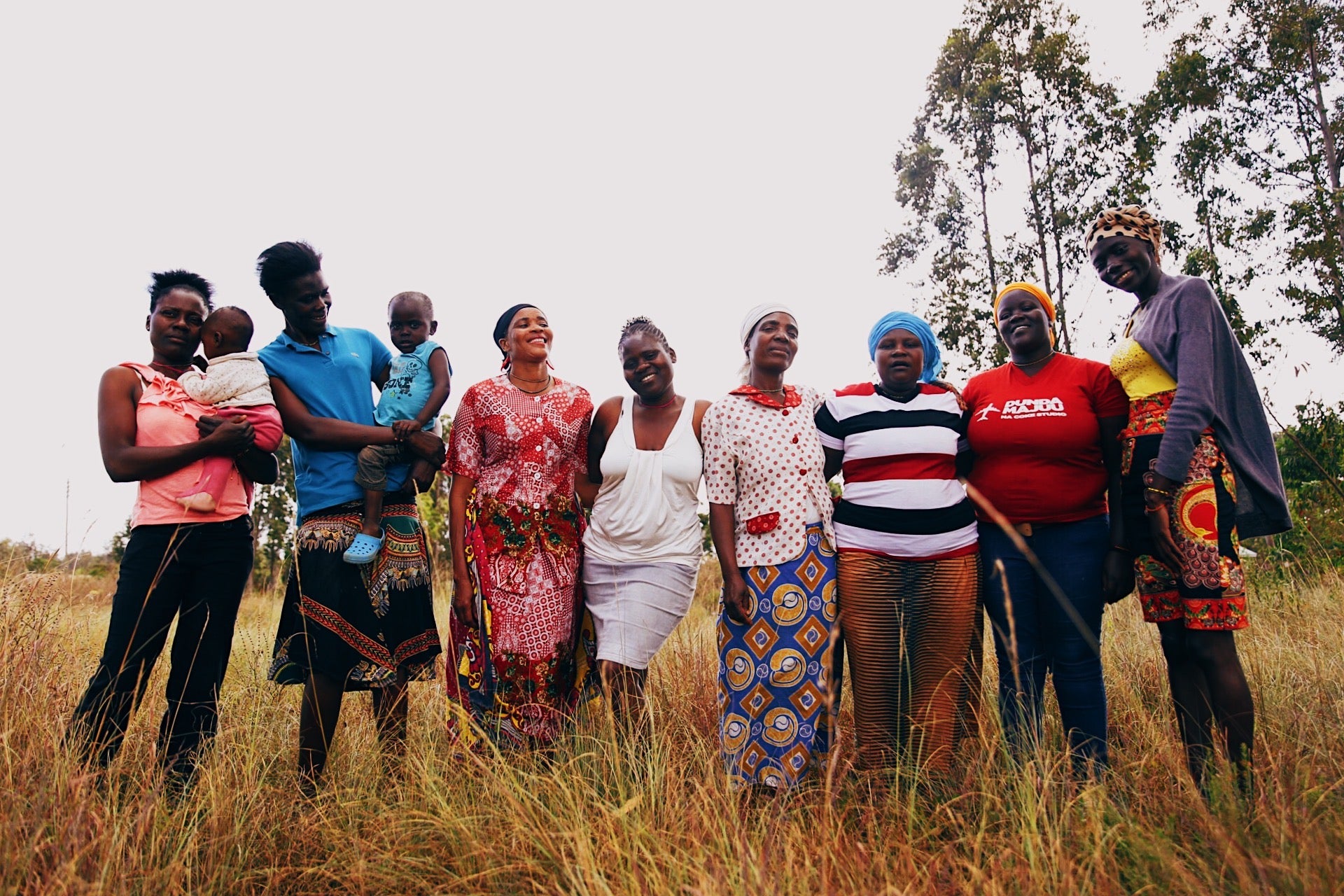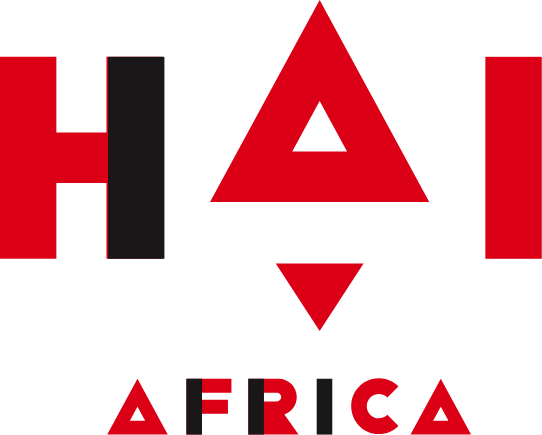
The role of women in the Kabiria community
“(...) They say that there are no prerequisites to be a person of value, you are born with value and dignity. And I think this is a message that all women should hear... they need to understand that it's not their fault and that they are not unworthy.” (Viola Davis)
Empowering is the “process in which individuals, organizations and communities acquire resources that allow them to have a voice, visibility, influence and the ability to act and decide about their own lives”, this is the definition given by Rodrigo Rossi Horochovski and Gisele Meirelles in the book "Problematizing the concept of empowerment".
Therefore, to empower is not only to strengthen, it is also to provide means for the autonomy and emancipation of the individual, so that he can choose for himself and for himself. Therefore, talking about female protagonism is also talking about empowerment, they are two sides of the same coin.
In the month of March, International Women's Day is celebrated, and with it is always a great opportunity to report on how women are living in society, whether at home, in schools or even in the job market.
Often, disassociating women from the domestic environment and sexuality is a complex and extremely challenging task, because women are historically and socially associated with offspring, home and reproduction, but also because it is expected that even being in environments public, she takes responsibility for the domestic, even if it involves an emotional and work overload.
When Hai Africa was founded in 2015, we began to identify that we were inserted in a scenario with countless forms of violence, some clear and noticeable and others more subtle, but very common, such as hunger. This reality, as soon as it knocked on our door, gave us the necessary impetus to find alternatives that could guarantee that our babies could be fed on the weekends and that, when they returned to classes on Mondays, they could be nourished and ready for another day of school. .
The reality of having mostly students with female single parenthood was our first realization that we needed to ally ourselves with those women, not only to restore their self-esteem, but also so that they could generate income and guarantee their livelihood and that of their children.
According to the booklet of the United Nations Organization for Women, entitled "Principles of Women's Empowerment", there are some pillars that can make the feminine protagonism more effective and decisive in several fronts and places and we can understand why the women of Kabira community are so fundamental to Hai Africa's work.
Breasts and the “principle. 7”: Promote equality through community initiatives and advocacy.
A group of women are gathered in a small room. All are seated and spaced across it, most are seated on the floor. While some sew colorful fabrics, some braid with the help of their feet and others sand to finish off the carefully designed pieces. Next to them are their children, who continue to play or even sleep in a colorful baby carrier, tied to their backs.
This is the routine of our breasts, a name affectionately given to the women who work making products for the store that was named after them: Loja das Mamas. They, who in the midst of a series of daily adversities, find ways to guarantee their subsistence and that of their children, whether by making accessories, or selling vegetables, eggs or food on the streets to supplement the family income.
Their life story does not escape what the statistics point out; single mothers, illiterate or semi-illiterate, most of whom are solely responsible for the household income, and many have already suffered or are suffering from domestic violence.
Loja das Mamas, in partnership with Project Três, was (and is) a collective construction that came true to impact the lives of these women. Although there is a scenario of scarcity and adversity, our breasts are synonymous with resilience and courage. Author Isabel Maria Casimiro, tells us in her book “Paz na Terra, Guerra em Casa” that women resist and reinvent themselves based on their survival needs, what the author called “popular feminism”, so that they can and to adapt and seek immediate answers to the objective needs of survival and that incorporate their own claims, even if without awareness of the feminist struggle that they themselves are protagonists.
Our teachers, collaborators, mamas and “principle 4”: Promoting women's education, training and professional development.
The lesson planning is finalized, the classroom organized, the materials that will be used too, the menu is already defined and in a few minutes the babies will arrive for another day of classes.
This whole routine at the Hai Center has the participation and protagonism of five women: Leah, Anitte, Jane, Fanice and Violet. These are the women who make working with our babies a reality, whether in the classroom, cleaning, or preparing snacks served to them with great care and love on a daily basis.
Our teachers: Leah, Anitte, Jane, are women who were born and live in the Kabiria community, each one arrived at Hai Africa at different times but have similar characteristics: dedication to the work they perform and the affection with which they face the training of our babies. All have training in Waldorf Pedagogy and specialization in Childhood Psychology, which were funded by us so that they could improve.
Our teacher Leah Kathambi tells us: "I couldn't go to college, but I had the dream of attending one. It was, through Hai, that I managed to go to college. I won at life, I feel ” . What Leah reports about the difficulty of attending college is unfortunately a reality in Kenya, where the enrollment of women represents almost half of the percentage of men. In addition to the low number of enrollments, school dropout is a present reality when they they manage to enter formal education.According to data from the United Nations, Kenyan women in urban areas have an average of 11 years of study, while in rural areas they only have 2 years.
An excerpt from the Oxfam report “Girls' Education in Africa” warns that : “Girls' educational development, for example, varies greatly due to cultural, economic and geographic factors. Religion, distance from urban centers, marriage practices, migration patterns, disease burden, seasonal work demands and cash flows, among other factors, contribute to differences in enrollment and retention of girls within the same country.”
This alerts us to a pandemic scenario in which, in addition to the adversities already present, others may arise amid the economic uncertainties of families and which may represent an exodus to rural areas in search of shelter and food.
Another sad reality, in addition to those reported, is the menstrual poverty of girls who are in puberty and in the processes of transformations that their body encounters, a fact that leads thousands to give up their studies. In addition, the taboos surrounding women's health and the shame that prevails over the subject make the subject live surrounded by myths and superstitions.
But for Fanice and Violett, the reality for their children may be different, since in addition to schooling they are getting to know a different world that unfortunately they could not see that school is: “I was a single mother. How to get a place at school? It was very difficult. But I'm happy because my daughter is at school”, says Fanice Mukoma.
The similar report is from Mary Wanjiku, mother of two of our babies and resident of the Kabiria community: “You gave my son education. I'm happy, the way I was raised...with my children it won't be like that. That's what I want, I want my children to be educated”.
That's what we want too, Mary, and you have a very important role in building this story.
By: Katiane Bishop
Volunteer, she is part of Hai Africa's Diversity and Inclusion Committee.


